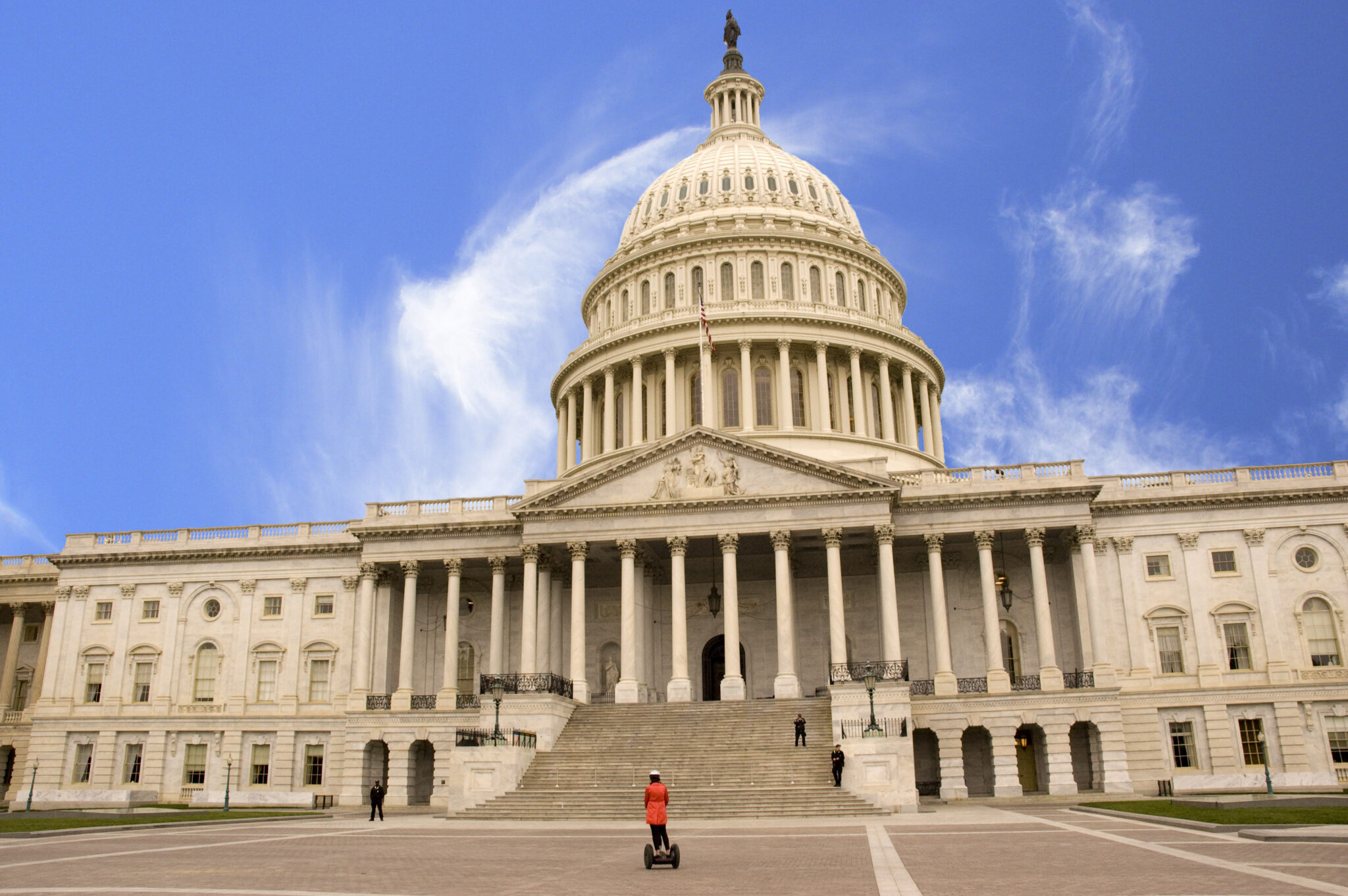
Holden Hopkins is a student at Harvard Law School.
In today’s News & Commentary, New York looks to continue the antitrust fight and Trump’s anti-DEI orders are likely to prompt lawsuits.
New York lawmakers are pushing to overhaul the state’s century-old antitrust laws with a bill that would empower authorities and private actors to sue businesses abusing their market dominance. The legislation, introduced by State Senate Deputy Majority Leader Michael Gianaris, reflects former FTC Chair Lina Khan’s efforts to curb corporate monopolies and expand protections for workers and small businesses. The bill introduces an “abuse of dominance” standard, inspired by European models, allowing broader antitrust claims. It also proposes a comprehensive merger notification program to scrutinize labor market impacts, echoing federal initiatives.
Despite Senate approval last year, the bill faces resistance in the Assembly, where some lawmakers and business groups claim it may drive companies out of New York and raise consumer costs. Meanwhile, labor groups like ALIGN and unions such as the Teamsters strongly support the measure, citing its potential to counteract corporate exploitation.
President Trump has reignited his campaign against diversity, equity, and inclusion (DEI) initiatives with new executive orders targeting both federal agencies and private companies. Building on his 2020 order that restricted DEI training topics, his second-term directives seek to eliminate DEI programs in federal agencies and require private companies with federal contracts to certify their employment practices do not rely on race or sex-based preferences deemed biased. Legal experts and advocacy groups predict significant legal challenges, citing similarities to previous orders which courts partially blocked on First Amendment and due process grounds. However, other experts caution that the updated orders may be less vulnerable to free speech challenges, as they focus more on hiring practices than on training content.
Civil rights groups argue the measures are too broad, attacking lawful practices aimed at expanding workforce diversity. Meanwhile, legal precedents, such as rulings against Florida’s 2022 “Stop WOKE” law, provide a roadmap for opposing these policies. Courts have struck down similar measures on free speech grounds, but Trump’s authority over federal agencies may afford him more latitude. Still, pushback is expected, not only from litigation but also from organized labor groups determined to defend collective bargaining agreements and workplace protections.






Daily News & Commentary
Start your day with our roundup of the latest labor developments. See all
December 22
Worker-friendly legislation enacted in New York; UW Professor wins free speech case; Trucking company ordered to pay $23 million to Teamsters.
December 21
Argentine unions march against labor law reform; WNBA players vote to authorize a strike; and the NLRB prepares to clear its backlog.
December 19
Labor law professors file an amici curiae and the NLRB regains quorum.
December 18
New Jersey adopts disparate impact rules; Teamsters oppose railroad merger; court pauses more shutdown layoffs.
December 17
The TSA suspends a labor union representing 47,000 officers for a second time; the Trump administration seeks to recruit over 1,000 artificial intelligence experts to the federal workforce; and the New York Times reports on the tumultuous changes that U.S. labor relations has seen over the past year.
December 16
Second Circuit affirms dismissal of former collegiate athletes’ antitrust suit; UPS will invest $120 million in truck-unloading robots; Sharon Block argues there are reasons for optimism about labor’s future.